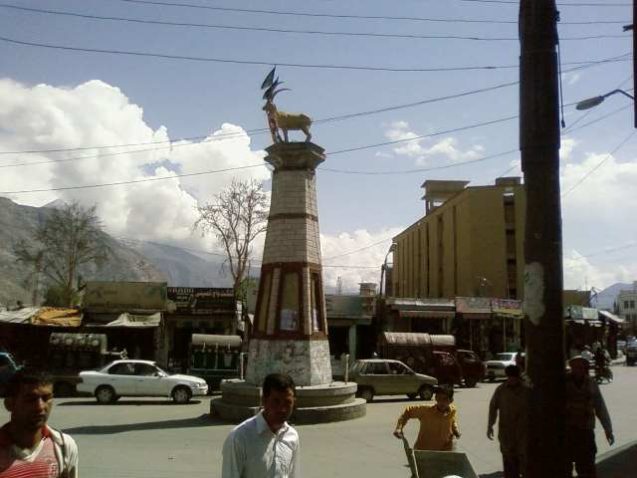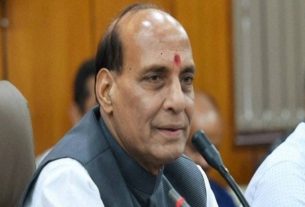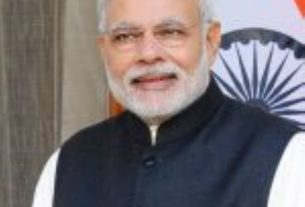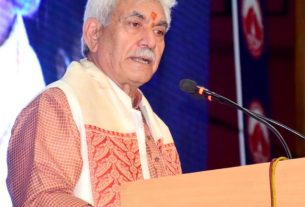GILGIT: The Gilgit-Baltistan (GB) government has opted to raise the subsidised wheat price from Rs20 to Rs32 per kg, in a decision that met with rejection from opposition parties that announced plans for a large-scale protest movement against the sharp price increase.
The GB cabinet session, presided over by Chief Minister Haji Gulbar Khan in Skardu on Friday, led to this controversial decision.
GB Finance Minister Mohammad Ismail, in a press conference with cabinet members, explained that the price adjustment was necessary to address the shortage of subsidised wheat in the region. The GB government aims to provide targeted subsidised wheat through this decision.
“Wheat subsidy will be provided to families having an income of less than Rs40,000, government officials above grade 17, and people having above R40,000 per month will not be entitled to subsidised wheat, the cabinet had decided,” he announced.
Centre warned to resolve issue before people take to streets
The federal government allocates Rs9.5bn annually for the procurement of 1.6 million sacks of wheat, but the funds fall short as the wheat rates surge, leading to a shortage in the region.
The GB finance minister highlighted the necessity of this decision to ensure the supply of subsidised wheat to the people of the province.
During the address, GB Home Minister Shams Lone pointed out that the acquisition of 1.6m sacks of wheat would incur a cost exceeding Rs20 billion.
‘Public interest’
GB Minister for Education Shahzad Agha emphasised that the decision has been made in the public interest after consultations with all stakeholders.
Earlier in June, subsidised wheat rate was raised from Rs7.5 to Rs20, leading to numerous protest demonstrations in GB.
On the other hand, opposition leader Kazim Mesum, along with opposition lawmakers, civil society, and regional organisations strongly opposed the decision, labelling it “an anti-people policy”.
They demanded that the government withdraw the decision, warning of street protests if their concerns were not addressed.
A statement issued after a meeting of the opposition members in the assembly stated concerns were expressed about the GB government’s decision, which was deemed as an anti-poor policy and a failure.
The opposition warned that the federal government must resolve this issue promptly, or millions of people would take to the streets.__Dawn.com





